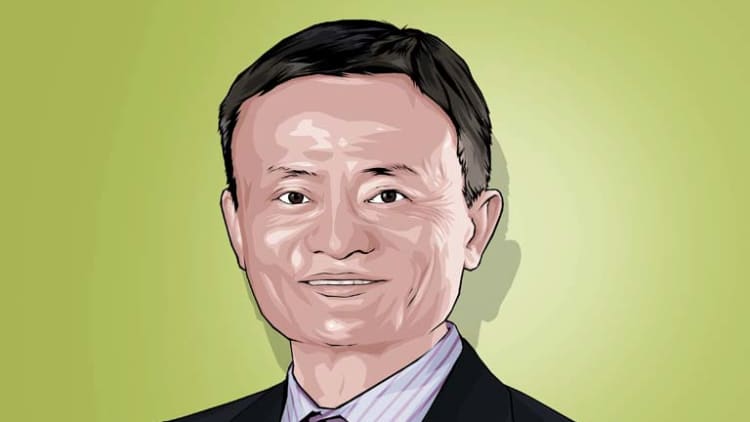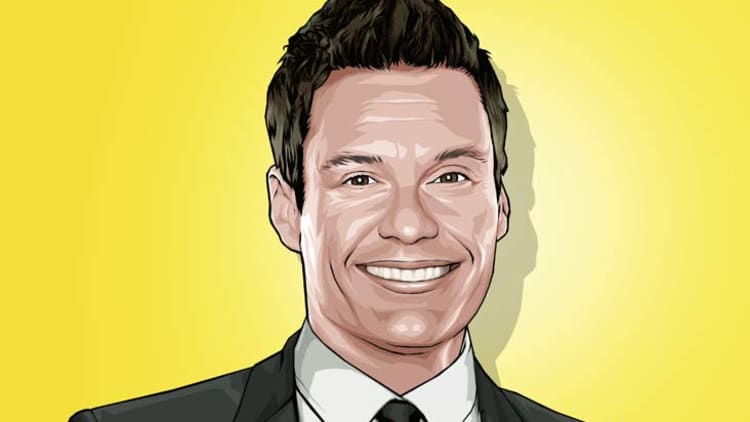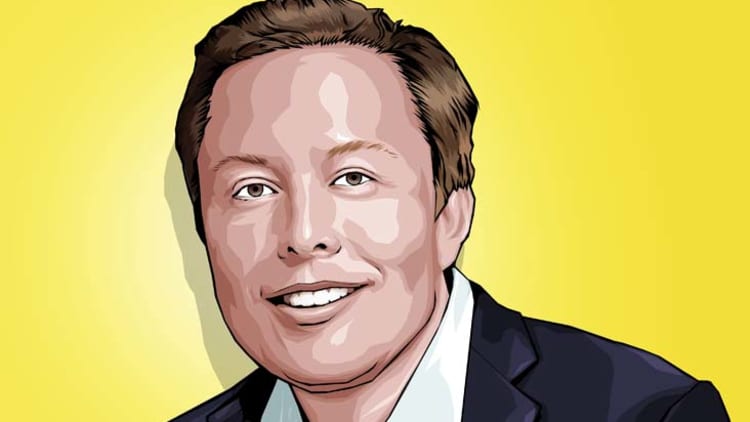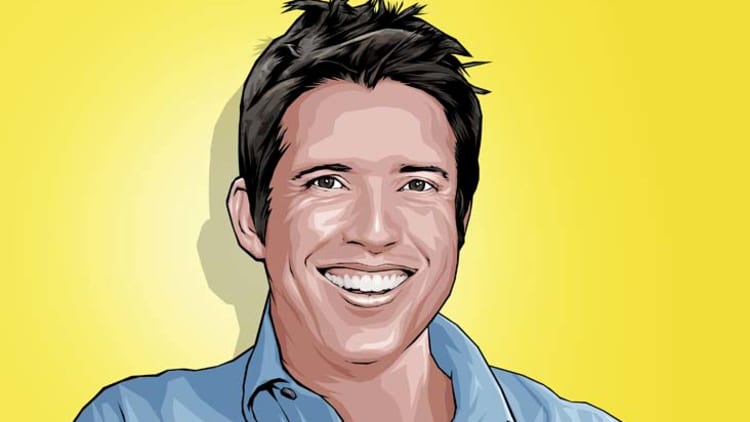Maybe you noticed: For a network that made its name tracking public companies, CNBC's NEXT LIST is surprisingly heavy with entrepreneurs and surprisingly light on corporate titans. Yet this is exactly as it should be.
The goal of CNBC's NEXT LIST is to identify business leaders likely to make the most profound difference in people's lives over the next 25 years. It seems self-evident that most of them would have to be founders of new businesses. After all, for such leaders, change—transformational change—is part of the job description. Why would you take on the insane ordeal of starting a company unless you saw a way to do something profoundly better than it's now being done?
But let's be honest: While the NEXT LIST undoubtedly includes people who will be among the luminaries of the next two and a half decades, the list all but certainly misses as many soon-to-be-great entrepreneurs as it names. To see what I mean, imagine a NEXT LIST created at CNBC's launch in 1989. Who would have thought to include Facebook founder Mark Zuckerberg, then all of five years old? Or even Apple's Steve Jobs, then the CEO of NeXT, a maker of workstations with no brand and no product?
Read MoreFinding the next Zuckerberg
All you really can say with confidence about the next 25 years is that the business environment—and thus the kinds of entrepreneurs and start-ups that will prosper—will be different from today's. So to guess at the kinds of leaders missing from today's list is to guess at how entrepreneurship itself will change.
Let's give it a try.




Prediction 1. Looking back from 2039, we'll find that a large portion of the great entrepreneurs since 2014 were foreign-born. For many reasons, immigrants have long accounted for a wildly disproportionate share of successful start-ups: According to a study by researcher Vivek Wadhwa, now director of research at the Center for Entrepreneurship and Research Commercialization at the Pratt School of Engineering at Duke University, more than 50 percent of Silicon Valley companies founded in the 10 years through 2005 had at least one foreign-born founder.
Unfortunately, since 9/11, our nation's broken immigration policies have done a perversely effective job at choking off this rich source of talent. (In a follow-up study, Wadhwa found that the rate above had dropped to 43 percent by 2012.) While this trend is alarming now, it's hard to imagine that our policies won't change before we get too deep into the next 25 years. The next Jobs or Zuckerberg could be, at this moment, a precocious coder at a tech high school in Chennai or Shenzhen or Talinn, who still believes that the USA is the land of opportunity. All we need is to reinstate an immigration policy that doesn't prove that belief wrong.
Prediction 2. The next generation of great entrepreneurs will be all about profits. Up to this point, investors and the press have been perhaps too easily dazzled by entrepreneurs who can show spectacular growth in revenues. There's some evidence that's beginning to change. For example, the fast-growing online storage company Box, led by Inc. Entrepreneur of the Year and NEXT LIST honoree Aaron Levie, withdrew its IPO earlier this year amid concerns that it was not yet in the black. Levie will be back, for sure, but the point has been made: Scale without profits will not make you great.
Read More7 superstar tweens and teens making a difference
Prediction 3. Some of the most successful of the NEXT LIST will turn out to be those who disrupted the First 25. For plenty of good reasons, the entrepreneurs on the CNBC NEXT LIST are founders who shook up legacy industries. For example, Shane Smith of Vice Media, Pete Cashmore of Mashable and Jonah Peretti of Buzzfeed all in their own way found success by redefining mainstream media. But remember, we're now talking 25 years from now. Over that time, industries that seem cutting edge in 2014 will have calcified and become ripe for disruption themselves. Facebook, for example, the great death star of social media, has already spawned a wave of revolutionaries like Wickr, ANSA and Omlet, aiming to make social media compatible with privacy.
Prediction 4. The great as yet unknown entrepreneurs of the next 25 will be those who solve the world's really complicated problems. The toughest problems the country faces are no secret: Massive dysfunctions in education, health care and energy usage. What makes solving them so difficult, besides their scale, is, frankly, politics. It's clear that the current systems are broken, but government regulation and entrenched interests stand in the way of innovative solutions. The entrepreneurs who challenge them will need more than cool technology; they'll also need organizational skill and political chutzpah. In other words, model for game changers on this scale won't be Zuckerberg coding in his dorm room. It will be Airbnb's Brian Chesny and Joe Gebbia standing up to hoteliers or Travis Kalanick battling the taxi commissons for the right to put Uber on the streets.
In some sense, that's one thing that hasn't changed between the First 25 and the NEXT LIST. The truly great founders of any generation, if they are to be truly great, must eventually graduate from being a great coder or designer or salesperson to becoming a great leader. The ones who can do that—whether they are on today's NEXT LIST or yet to be discovered—are the ones we will look back on in 2039 and say, "Yeah, they were destined to be great. You could see it even back in 2014."
—By Eric Schurenberg, president and editor-in-chief, Inc. Follow him at @eschurenberg@inc.com




